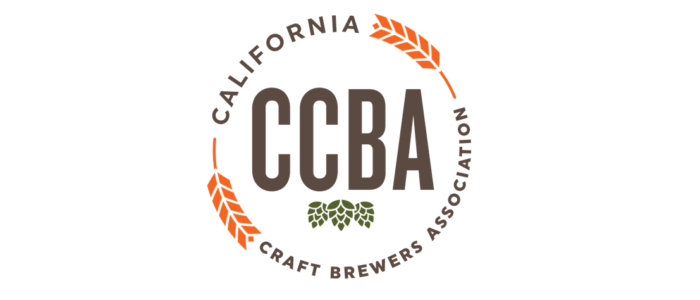Tied House Laws Prevail in Court Case
The Ninth Circuit Court last week handed down a significant victory for the preservation of tied house laws in California and across the country. The court ruled in favor of the California Alcoholic Beverage Control (ABC) in a case which challenged a key tied-house law in the Business and Professions Code. Tied House Laws Live On!!
The CCBA has been highly engaged in the Retail Digital Network (RDN) v. Prieto case for nearly two years. If the courts had ruled in favor of the plaintiff, it would have struck down as unconstitutional code section 25503(f)-(h), which prohibits alcohol beverage suppliers from giving anything of value to retailers in exchange for advertising their products, a major blow to craft brewers.
RDN installed digital screens in retail outlets which played ongoing advertisements. They sold the ad space to companies that wanted advertising exposure in bars, taverns and other on-premise establishments. Because of California’s tied house laws, alcohol beverage suppliers were not able to participate, so RDN filed a lawsuit claiming that 25503(f)-(h), was a violation of the First Amendment, which allows truthful and non-misleading commercial speech.
A District Court found Section 25503(f)-(h) constitutional using as precedent a 1986 Ninth Circuit Court case Actmedia Inc. v. Stroh in which the court upheld Section 25503(h). Similar to RDN, Actmedia was an “advertising middle-man” that would lease ad space on shopping carts and then sell that space to companies, including alcohol beverage suppliers.
RDN then appealed and the case and it went to the Ninth Circuit Court. In January 2016, a panel of three Ninth Circuit court judges remanded the case back to the lower court. In their ruling, the three-judge panel asked the lower court to use a higher level of scrutiny in analyzing restraints on commercial speech. The remanding of the case gave the District Court the opportunity to determine the constitutionality of this key tied-house provision.
The ABC then filed a request for an “en banc” rehearing (a hearing by the full Ninth Circuit court of judges). The CCBA submitted an amicus brief (written argument) to the court in April, 2016 asking the Ninth Circuit to grant the additional hearing. En banc requests are rarely successful; only 2% of en banc requests are granted by the court. The court shocked the industry and granted the request.
The CCBA filed an updated second amicus brief and the state of California argued its case before the full court in January of 2017. On the morning of June 14th, 2017, the ruling came down. In a stunning reversal, the court ruled in favor of the state of California. In the court’s opinion, it stated that the value of tied-house laws in maintaining California’s “triple-tiered distribution scheme” was found to satisfy the Supreme Court’s test for commercial speech restrictions.
Over the last 30 years there have been a few notable court cases (such as the Actmedia case mentioned above and the well-known Granholm case heard by the SCOTUS) which have pitted the 1st Amendment (free speech) against the 21st Amendment (alcohol beverage tied house structure). And there will likely be more in the future as some stakeholders in the alcohol beverage industry attempt to erode or tear down tied house laws. The RDN case was a legendary case that will undoubtedly be looked at as precedent in future cases. If 25503(f)-(h) had been ruled unconstitutional, it would have been highly likely that tied house laws in other states and at the federal level would have been challenged and almost certainly overturned.



